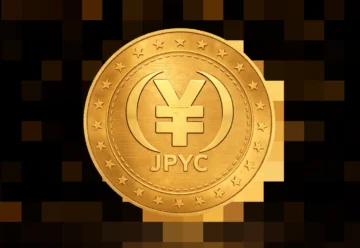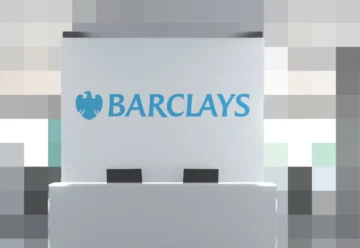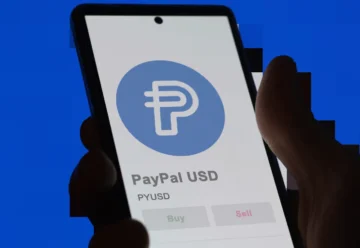BNY Mellon Tests Tokenized Deposits for Daily Payments

BNY Mellon is developing a project to use tokenized deposits, planning to transfer part of its daily payment flow to a blockchain network. The project is also aimed at modernizing the bank’s international settlements.
The Bank of New York Mellon Corporation (BNY Mellon), an American holding company, is exploring the use of tokenized deposits to improve the speed and transparency of cross-border transfers and eliminate the limitations of traditional banking systems, Bloomberg reports.
According to Carl Slabicki, Executive Platform Owner for Treasury Services at BNY, the use of tokenized deposits will allow clients to make settlements instantly and around the clock, which is especially important for global operations.
As of the end of 2024, BNY Mellon’s assets under custody and administration amounted to $52.1 trillion, with assets under management totaling $2 trillion. The bank’s average daily clearing volume was $16.3 trillion.
BNY Mellon processes an average of $2.5 trillion in daily payment flows. According to Slabicki, part of this flow is planned to be conducted through a blockchain network. Tokenized deposits will help “banks overcome legacy technology constraints, making it easier to move deposits and payments across their own ecosystems — and eventually, across the broader market as standards mature,” Carl Slabicki stated.
Tokenized deposits are digital tokens backed by funds in commercial bank accounts. Unlike stablecoins, which often rely on third-party reserves or securities, they represent a direct liability of the bank to the client.
In parallel, BNY Mellon is participating in other blockchain initiatives. For example, together with Goldman Sachs, the bank is preparing to launch tokenized money market funds for institutional investors. Moreover, BNY Mellon is part of a consortium of more than 30 banks working with SWIFT to create a unified distributed ledger for real-time international payments.











